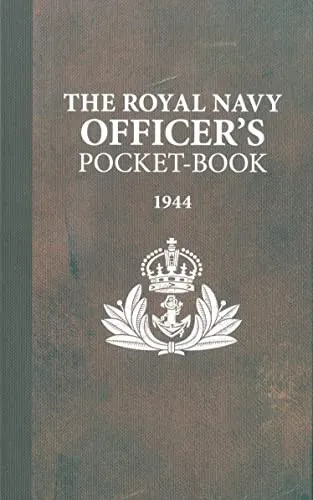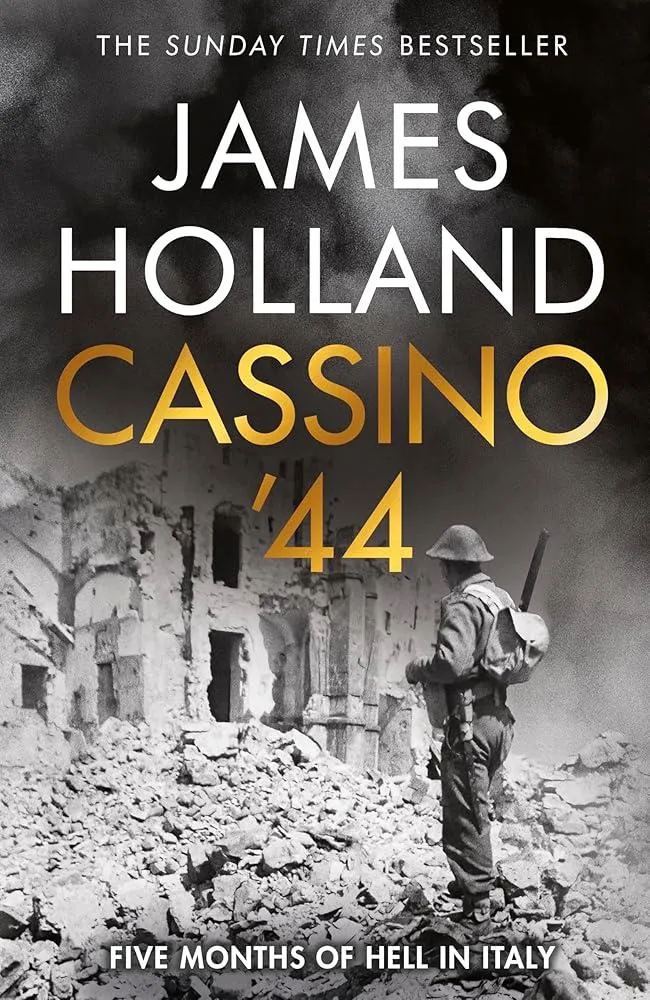
The Royal Navy Officer's Pocket-Book
(Author) Brian Lavery""The art of command is...to be the complete master, and yet the complete friend of every man on board; the temporal lord and yet the spiritual brother of every rating; to be detached and yet not dissociated.' A Seaman's Pocket-Book, 1943', has found huge appeal with the British public. Presented in the same format, the Officer's Handbook gathers together useful advice and instruction for those naval officers fighting the Second World War on all aspects of their job, expressed in the benevolent language of the day, when authority was respected. The Handbook has been compiled and edited by Brian Lavery, who provides commentary and an introduction. Sections include: the Officer's Aid Memoire containing notes of the training course at one of the officer training schools; Notes for medical officers and treatment of battle casualties afloat; Notes for captains on taking command of their first ship; Notes for commanding officers; Notes on the handling and safety of ships and notes on dealing with disobedience and mutiny. While suffused with nostalgia and charm, the various contents of this book are an authentic presentation of matters of training, authority and deportment in the wartime navy. The book is sure to appeal not only to those who served in the war or had a relative who was in the officer class, but also to anyone who wants to gain a greater understanding of the day-to-day administration of the wartime navy.
Brian Lavery
Brian Lavery is a British playwright and screenwriter best known for his play "Conspiracy," which explores the complexities of power and betrayal. His writing style is characterized by sharp dialogue and intricate character development. Lavery's work sheds light on the dark underbelly of human nature, making him a standout in contemporary literature.





